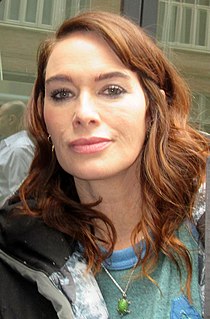A Quote by Andre Breton
Dali is like a man who hesitates between talent and genius, or, as one might once have said, between vice and virtue.
Related Quotes
For as the interposition of a rivulet, however small, will occasion the line of the phalanx to fluctuate, so any trifling disagreement will be the cause of seditions; but they will not so soon flow from anything else as from the disagreement between virtue and vice, and next to that between poverty and riches.
Education is a companion which no misfortune can depress, no crime can destroy, no enemy can alienate, no despotism can enslave. At home, a friend, abroad, an introduction, in solitude a solace and in society an ornament. It chastens vice, it guides virtue, it gives at once grace and government to genius. Without it, what is man? A splendid slave, a reasoning savage.
The decision must be made between Judaism and Christianity, between business and culture, between male and female, between the race and the individual, between unworhtiness and worth, between the earthly and the higher life, between negation and God-like. Mankind has the choice to make. There are only two poles, and there is no middle way.





































